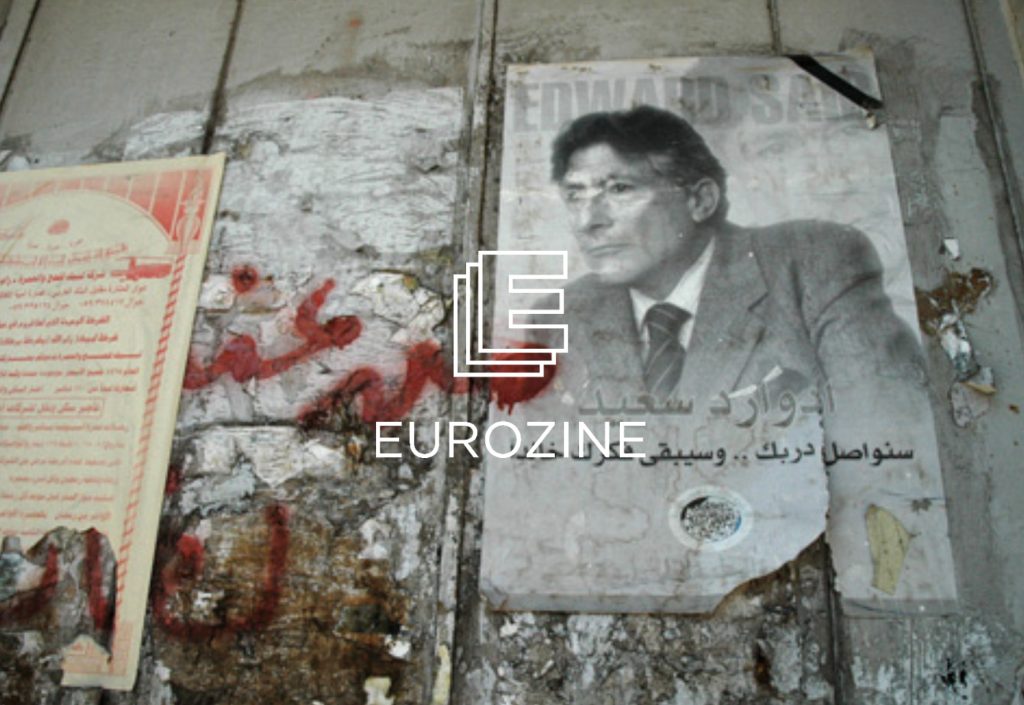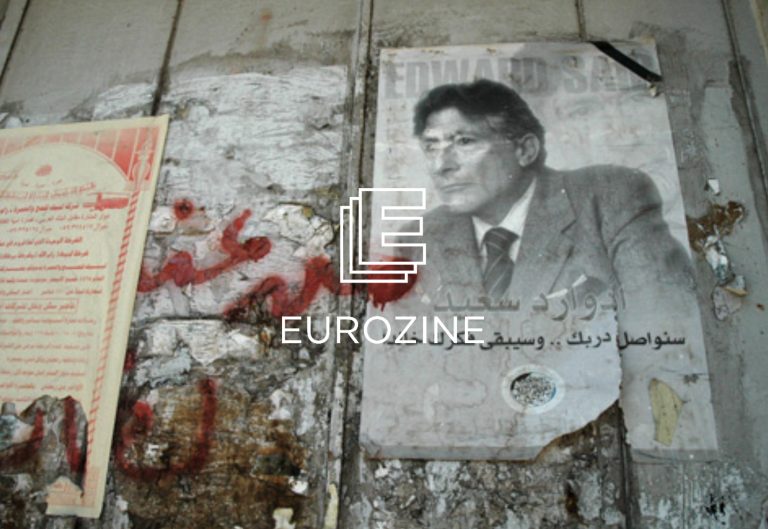At one point in his 1984 essay “Permission to Tell,” Edward Said described urging family and friends in Beirut to record what was happening during the Israeli siege two years earlier, in order to tell the world “what it was like to be in Beirut.” The end of Israel's “counter-terrorism”. Saeed remembers that they paid him little attention. “Naturally, they were all too busy surviving to take seriously the vague theoretical imperatives that a son, brother, or distant friend were intermittently urging upon them.”
The conditions under which the Palestinians found themselves at the time meant that “most of the readily available material produced since the fall of Beirut was not in fact Palestinian.” This was a factor in a deeper problem, according to Said: the absence of a Palestinian narrative of national identity in the Western public sphere, which cannot be compensated for even by the most sympathetic, critical and objective works of Western journalists.
Its reasons, according to Said, lie in preconceived notions of “reasonable political discourse” and resistance to “the Palestinian narrative that includes a homeland.” One way for the pro-Israel establishment, especially in the United States, to prevent media criticism of the Israeli invasion of Lebanon was by accusing journalists of being “intimidated or seduced” by the Palestine Liberation Organization into making “anti-Semitic attacks on Israel.”
Forty years later, the ban on anti-Semitism is still often used to prevent and even criminalize expressions of support for the Palestinian cause. Particularly controversial was the old slogan, “From the river to the sea, Palestine will be free,” which was said to express anti-Semitic, if not genocidal, intent.

Photo: Justin McIntosh / Source: Wikimedia Commons
But as Israeli historians Alon Confino and Amos Goldberg write, over the years the slogan has come to represent different strategies for Palestinian self-determination. “Precisely because it gives no hint of a specific solution,” Confino and Goldberg write, “it is difficult to find a Palestinian or supporter of the Palestinian cause who would not sympathize with this slogan.”
What Said described as a disconnect between accusations of anti-Semitism and television footage documenting Israeli “brutality” is even clearer today. Social media is filled with images of the unspeakable violence inflicted by Israel on Palestinian civilians. But it also opened up space for a Palestinian narrative that would be unimaginable in the analog age.
This development partly explains the unprecedented extent of pro-Palestinian solidarity in the West today, which now poses a real challenge to the political consensus. But in Israel and Palestine, not everything can be freely expressed on social media, let alone on the streets. As UK-based Palestinian writer Samir al-Youssef has written, this applies not only to Israeli Palestinians, whose social media activities are censored by the authorities, but also to Gazans who criticize Hamas.
As we know, social media favors controversy. One controversy that has received attention on social media for some time concerns German reservations about using the term “genocide,” along with other terms associated with the Holocaust (“boycott,” “ghetto”).
For many, Germany's unconditional support for Israel after October 7 proves the hypocrisy of its vaunted memory culture. They may have a certain point of view, as American historian Andrew I. Port. But critics of “German Christian education” also tend to ignore the cultural reasons for Germany's strange and one-sided stance toward Israel.
These articles are part of an ongoing series in Eurozine discussing the questions raised by October 7 and its devastating fallout. It is a sample of articles published in the wider Eurozine network and represents diverse viewpoints and authors, primarily including Palestinians.

